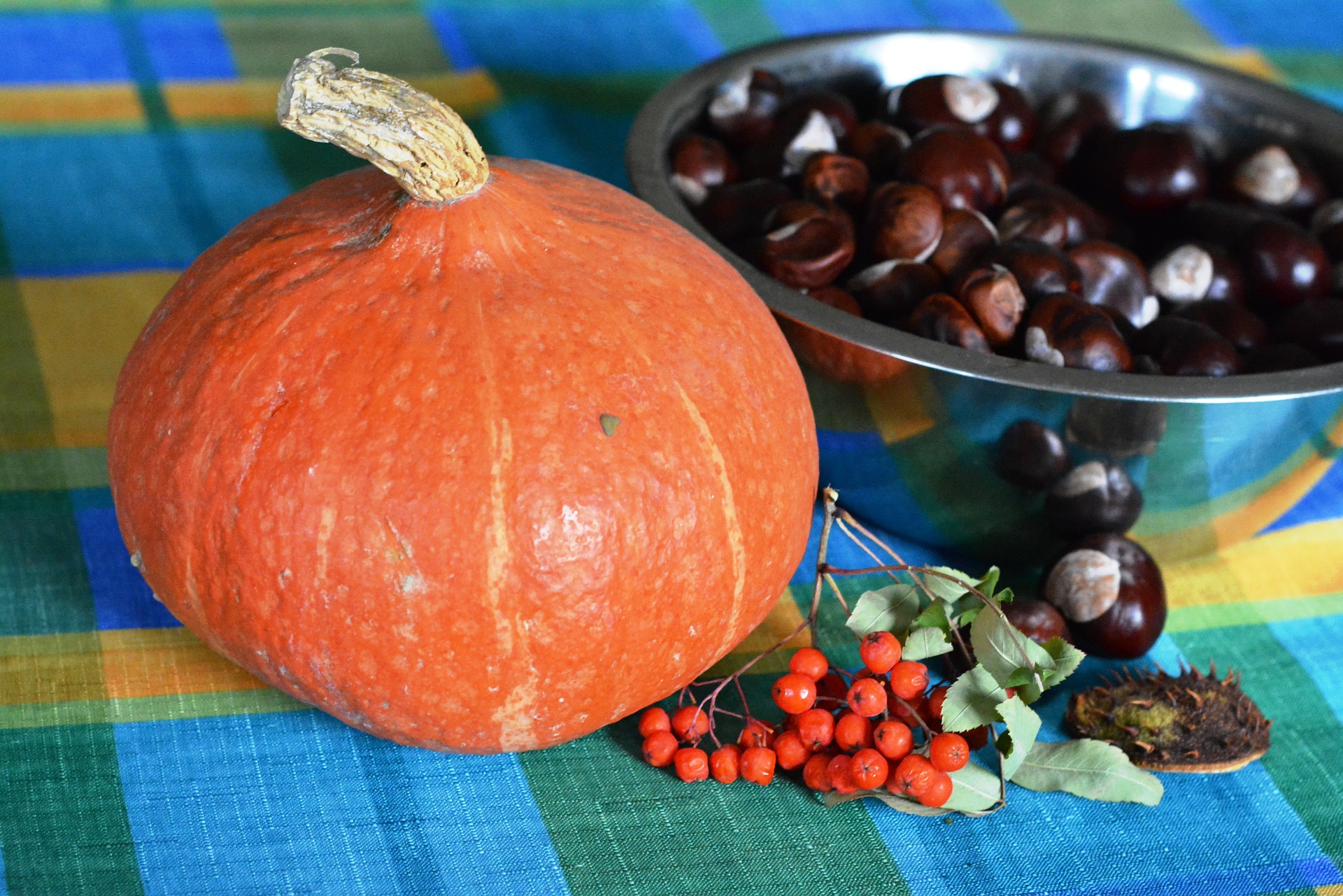By Tora Estep
I am fan of Mark Bittman. I don’t always agree with him, but I do more often than not. His recent post, “Local Food: No Elitist Plot,” really pissed me off. Not because I disagree with Bittman, but because of this notion that eating local food in season is in some way elitist and snobby. Really? The method of sourcing food that we’ve used to get our food for about 250,000 years is elitist? Wow. The fundamental reason for the planet’s many and distinctive food cultures is snobby? What a thoroughly ridiculous, absurd idea.
So what’s perceived as elitist about it? For one thing, local food is nearly always placed in direct opposition to fast food, junk food, convenience foods of any kind–sort of the local, liberal, environmentally friendly yin to the industrial yang of cheap food. (Don’t get me wrong: I know several local farmers, and their political leanings run the gamut.) Fast food is cheap and noncomplex and requires no work to prepare and eat; thus it appeals to many fundamental American values. By providing a lot of food for what seems like little money (here’s another Bittman piece about the supposed cheapness of fast food), it wraps itself in a robe of thriftiness, of good old American hard-workingness. By dimming our senses with blasts of salt and sugar, it ensures we are incapable of experiencing the subtler pleasures of real food. And finally, by being so easy to get, it suggests respect for the value of our time. It seems to say, “I understand you don’t have time for this fancy food nonsense; here’s something that’ll get the eating job done so that you can get on with the hard work of your day.”
In contrast, local food does not seem cheap, especially if you are used to getting groceries from discount chains. If you typically buy a dozen eggs for 99 cents, $5 for a dozen will sting. However, you pay for that cheap-looking 99 cents in a lot of other ways both financial and, well, moral: taxes that pay for industrial farm subsidies, farm worker abuse, environmental costs, mass food poisoning events, other health costs, and so forth. (I would love to see a study that calculates the real cost of a dozen eggs. If anyone has ever seen one, please let me know.) When you realize that the farmer at the farmer’s market is demanding prices that cover his or her real costs and that you already paid extra for the cheap food at the grocery store, those high prices seem a lot less unreasonable and elitist (1). (Also, you start to ask yourself, who asked my permission to spend my money on appeasing giant, industrial corn producers?)
Another problem with the seeming cheapness of industrial food is that when you make something seem cheap, people will start to treat it that way. In other words, it loses its value. This may not seem like that big a deal; why would it matter that people think food is cheap? Well, for one thing, cheapening food devalues the very hard labor that people put into growing it (and if you are a meat eater like me, minimizes the life of the animal). And that just kind of sticks in my craw a bit.
But devaluing food also has implications for human culture and health. Sharing food, eating together, teaching one another to cook–all these food-related activities and more comprise some of the most important ways that people create and transmit culture as well as form bonds with one another. When the food you eat loses value, you are less likely to engage in those kinds of behaviors. When you pick up that super-extra-duper-value meal at the drive-through window and eat it in the car on the way home, you lose opportunities to communicate with other people, to learn something, to teach something, or even to just relax and enjoy your food–to enrich your life. So the food and the eating experience don’t satisfy. You end up wanting more (whether food or human interaction is another question). Food loses it specialness; it becomes something to engage in any time, any place. So you eat more. And more. And then the portion sizes seem off if they aren’t huge. And the taste seems bland if the food isn’t drenched in salt or sugar. And suddenly you find yourself weighing more, struggling with hypertension and/or diabetes, wondering how the heck it happened.
Speaking of wondering what happened, I seem to have gotten off track of my original topic, which was the absurdity of the elitism charge on local food, so I will get back to that in a future blog post. (I’ve also got some nice recipes for cream of tomato soup and finally made some great red beans and rice.)
(1) Of course, not everyone can afford food from the local farmer’s market, but that has a lot to do with the way the current system is set up. If more farm subsidies were shifted from producing mass quantities of cheap commodity grain to local fruit and vegetable farms, it seems fairly certain that local farmers could and would lower their prices. That’s more of a political issue, not just a change your personal habits and the market will come kind of issue.
[Originally published at http://torasrealfood.blogspot.com/2011/11/local-food-is-elitist-part-i.html]
To find local, non-elitist, food in your community, search what’s available first on Pick-A-Pepper.com!
Similar Stories:
- Local Food Is Elitist? Part II
- Book Review: The End Of Food by Paul Roberts
- Why Buy and Eat Locally?
- Avoid Foods Made in China That Are Filled With Plastic, Pesticides, & Cancer-Causing Chemicals
- 10 Reasons Why You Should Eat Local




